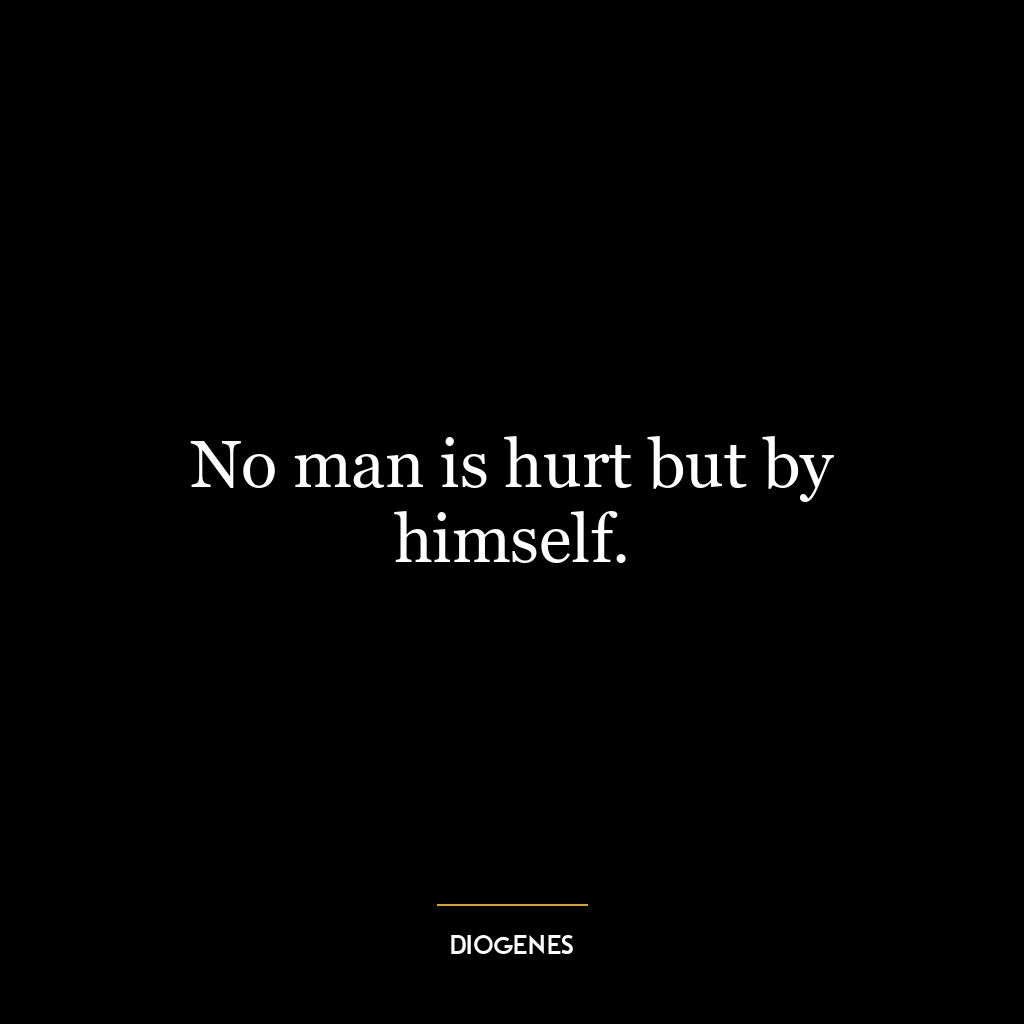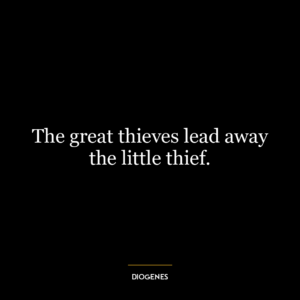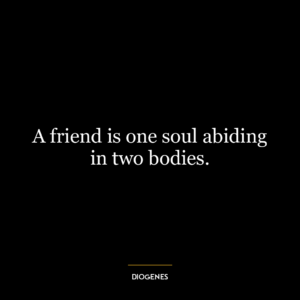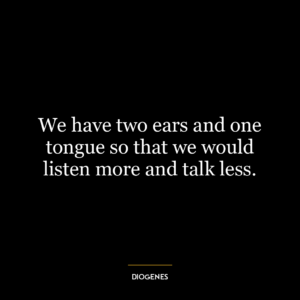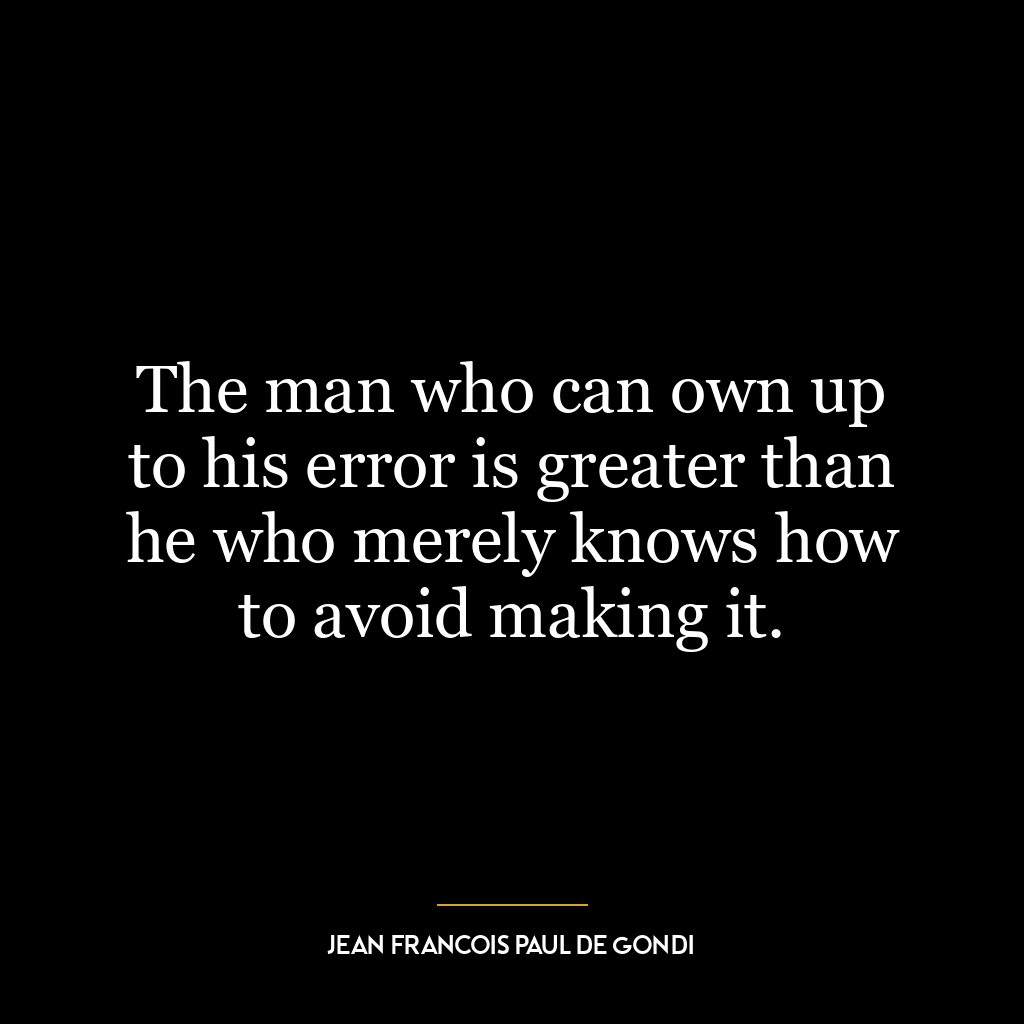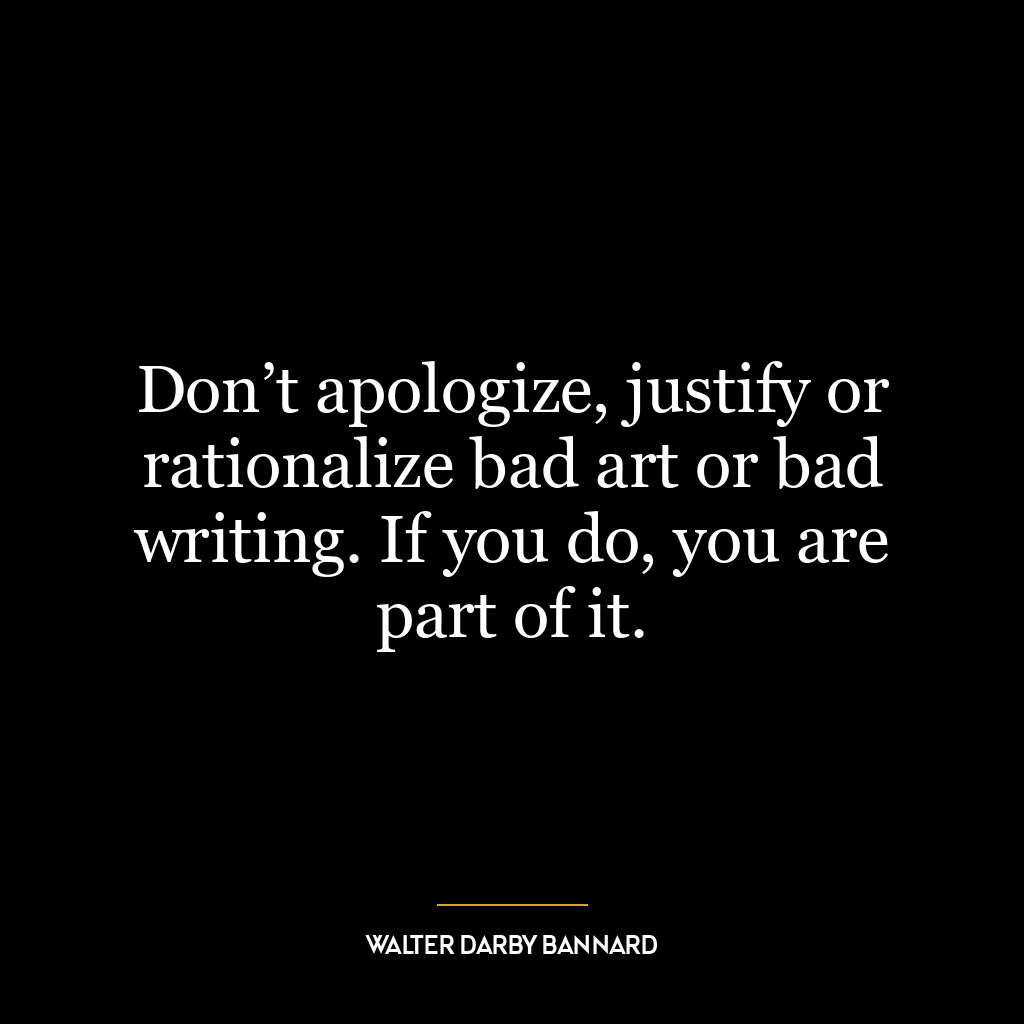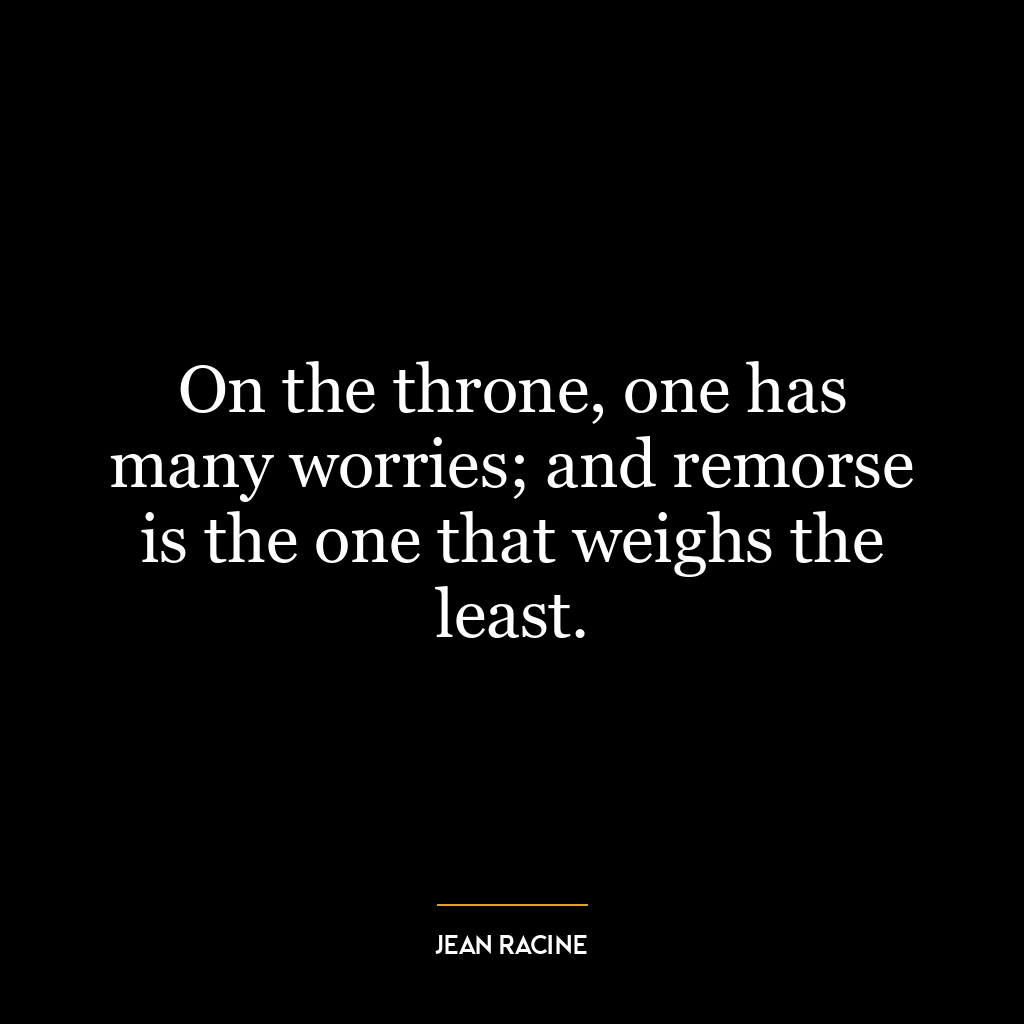No man is hurt but by himself.
This quote, “No man is hurt but by himself,” suggests that individuals are primarily responsible for their own pain and suffering. It’s a concept deeply rooted in the philosophy of stoicism, which posits that we cannot control external events, but we can control our reactions to them. In essence, it is not the situations or people that harm us, but our reactions and perceptions of these circumstances that cause us pain.
The quote implies that our internal world—our thoughts, emotions, and beliefs—plays a significant role in our experiences of pain or suffering. If we perceive a situation as harmful or threatening, we are likely to experience emotional pain. However, if we change our perspective and see the situation differently, the pain may lessen or even disappear. In this sense, we are the architects of our own suffering.
Applying this idea to today’s world, it’s evident in the way we handle stress, disappointment, or conflict. For instance, in the face of adversity, some people may perceive it as a threat and respond with anxiety or depression. Others may see it as a challenge and respond with resilience and determination. The difference lies not in the situation itself, but in the individual’s perception of it.
In terms of personal development, this quote can serve as a reminder to cultivate a more mindful and positive mindset. It encourages self-awareness and self-reflection, prompting us to question our automatic reactions and consider alternative perspectives. It also underscores the importance of emotional intelligence and resilience in navigating life’s challenges. By recognizing that we have control over our thoughts and emotions, we can learn to respond to situations in a way that minimizes pain and promotes personal growth.

